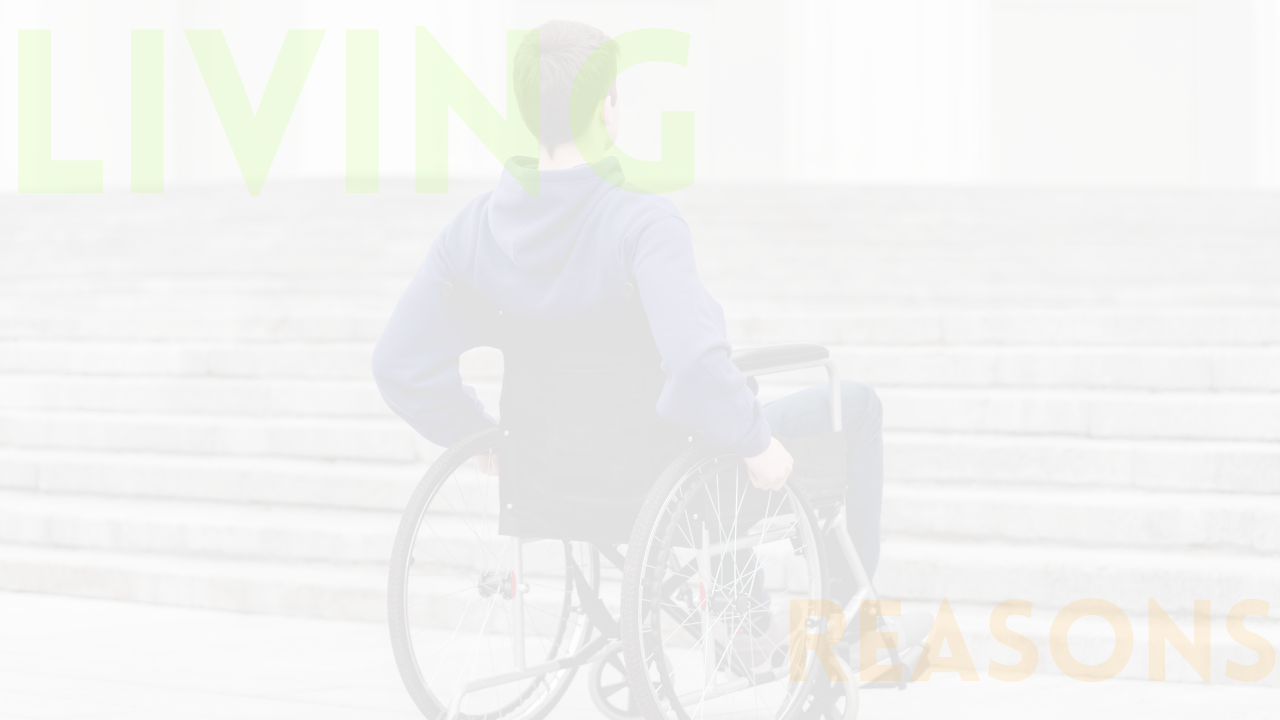
“If services aren’t accessible, they aren’t for everyone.”
Accessibility isn’t an add-on. It’s a fundamental right. We are working to ensure that services in every area of life are designed to include everyone, not just a chosen few.
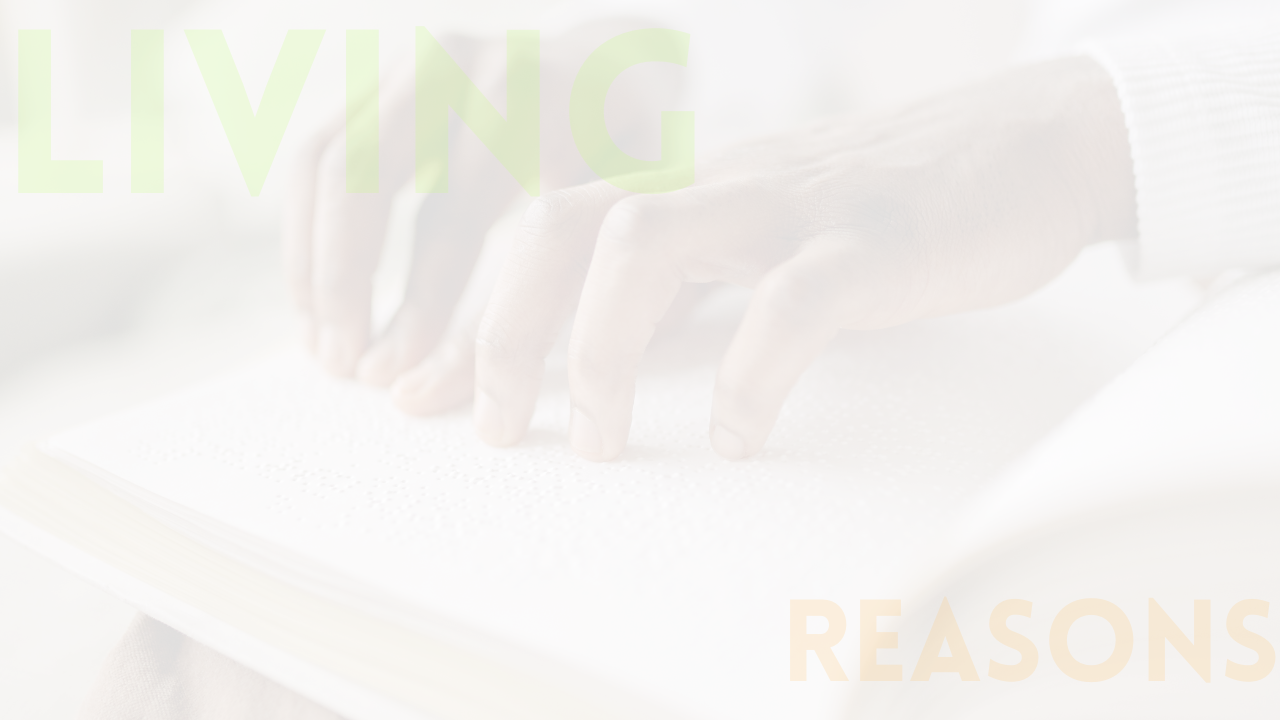
Why This Matters
Across society, services that should be universal are often closed off by barriers — physical, digital, financial, or attitudinal.
Healthcare clinics without accessible facilities.
Websites and forms that are impossible to navigate.
Housing, transport, and community services that exclude disabled people.
Public services designed for the “average person,” ignoring those with different needs.
Accessibility is not a luxury. It’s not something “nice to have.” It’s the minimum standard of fairness in society — and too often, that standard is not met.
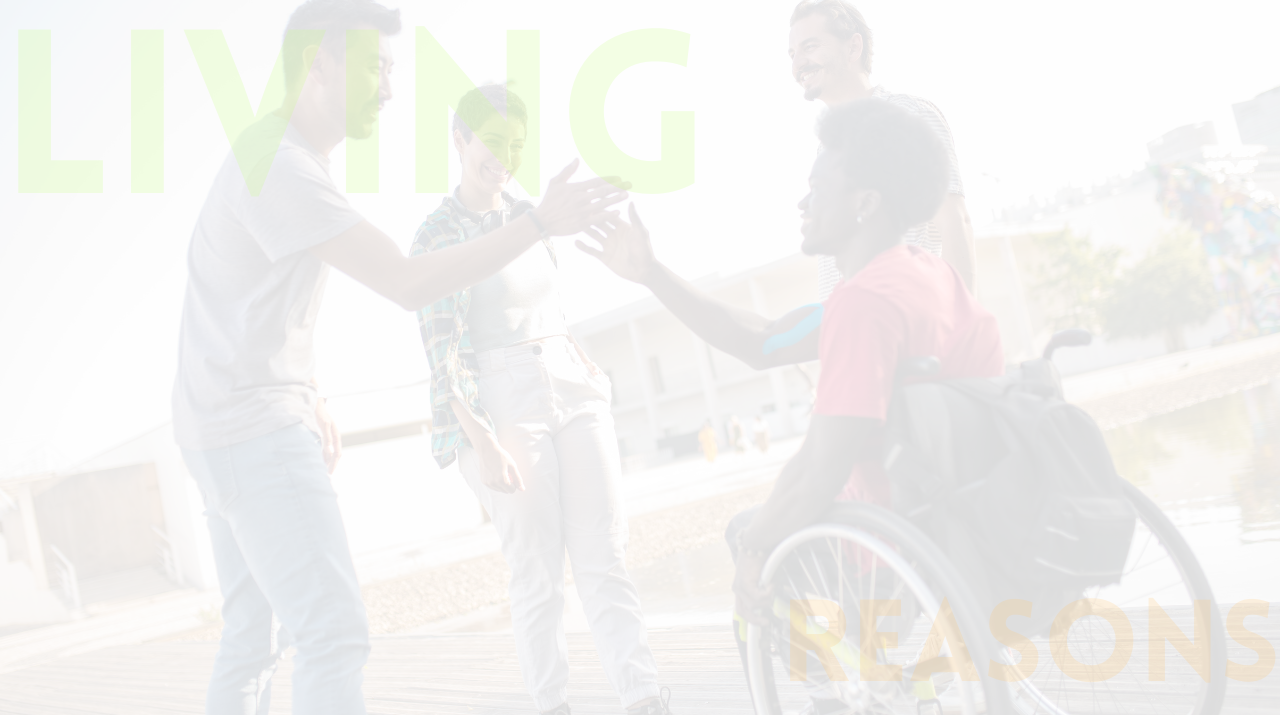
How We’re Creating Change
At Living Reasons, we believe accessibility must be baked in from the start — not bolted on as an afterthought.
We’re focusing on:
Campaigning for services to be designed inclusively, not retrofitted.
Partnering with providers to improve accessibility standards and developing accessible products and services.
Challenging digital barriers with accessible websites, apps, and online tools.
Highlighting and sharing lived experience of inaccessible services — and co-designing alternatives.
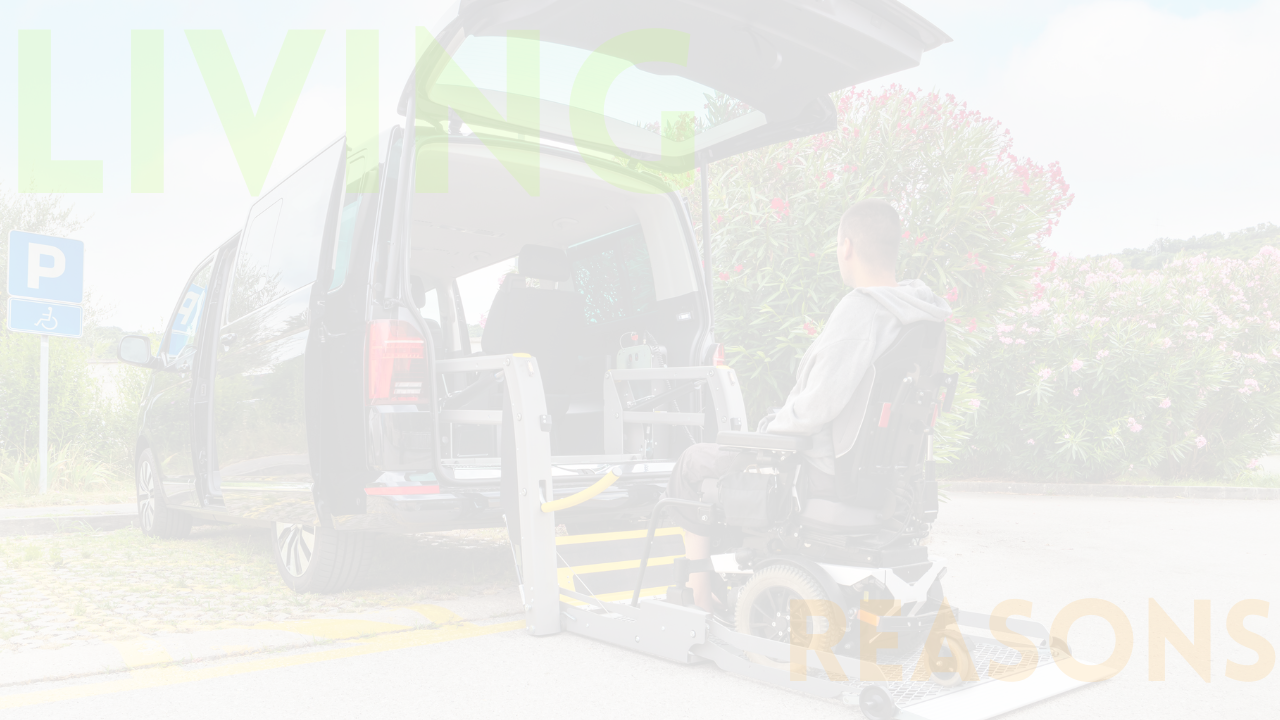
Projects & Campaigns
Here are just a few projects and campaigns we are planning:
Access Is a Right Campaign → lobbying for stronger accessibility requirements across public services.
It Is Not A Request Programme→ training, policy development and support to ensure that organisations start treating accessibility needs a priority, not an inconvenience.
Digital Inclusion Project → testing and promoting accessible online platforms, software and hardware.
Everyday Access Report → gathering lived experience data on service barriers and publishing findings.
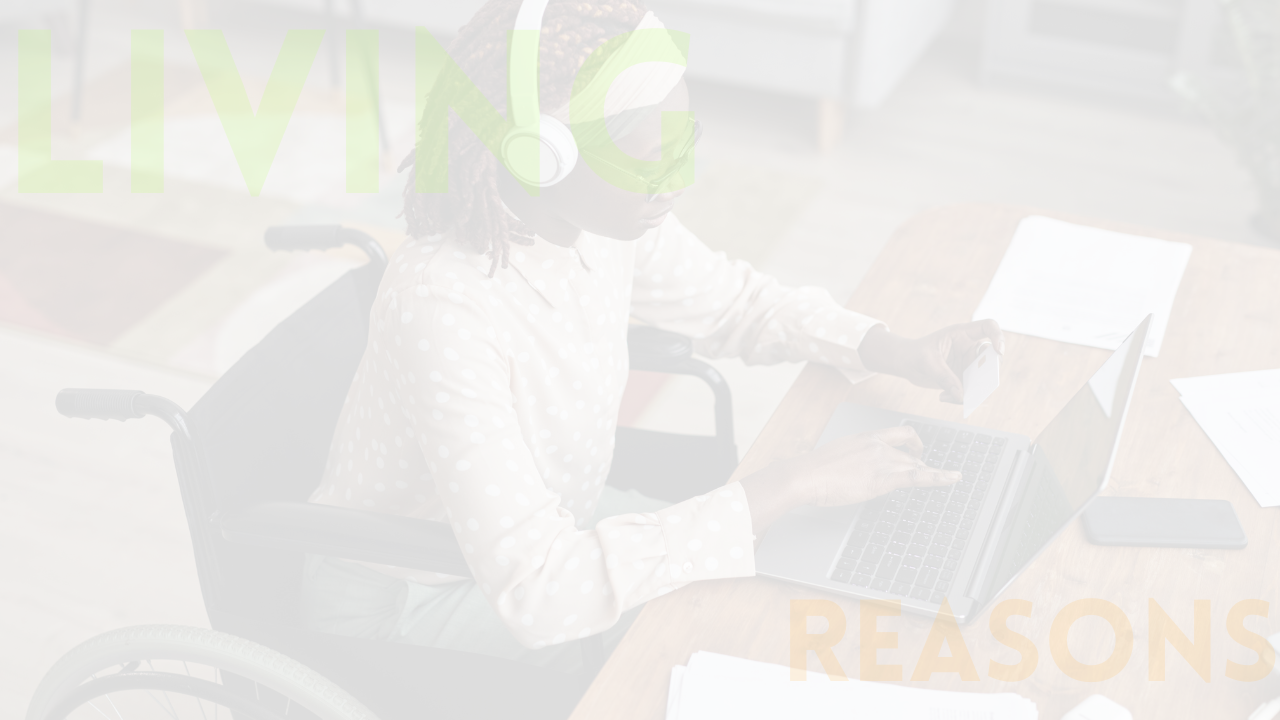
The Role of Lived Experience
The Lived Experience Advisory Board ensures our work on accessibility reflects the reality of people’s lives. Members share their own challenges in accessing services, help us identify hidden barriers, and suggest practical changes that make a real difference.
This collaborative approach ensures we don’t just talk about accessibility — we build it.
Find out more about joining the Lived Experience Advisory Board.
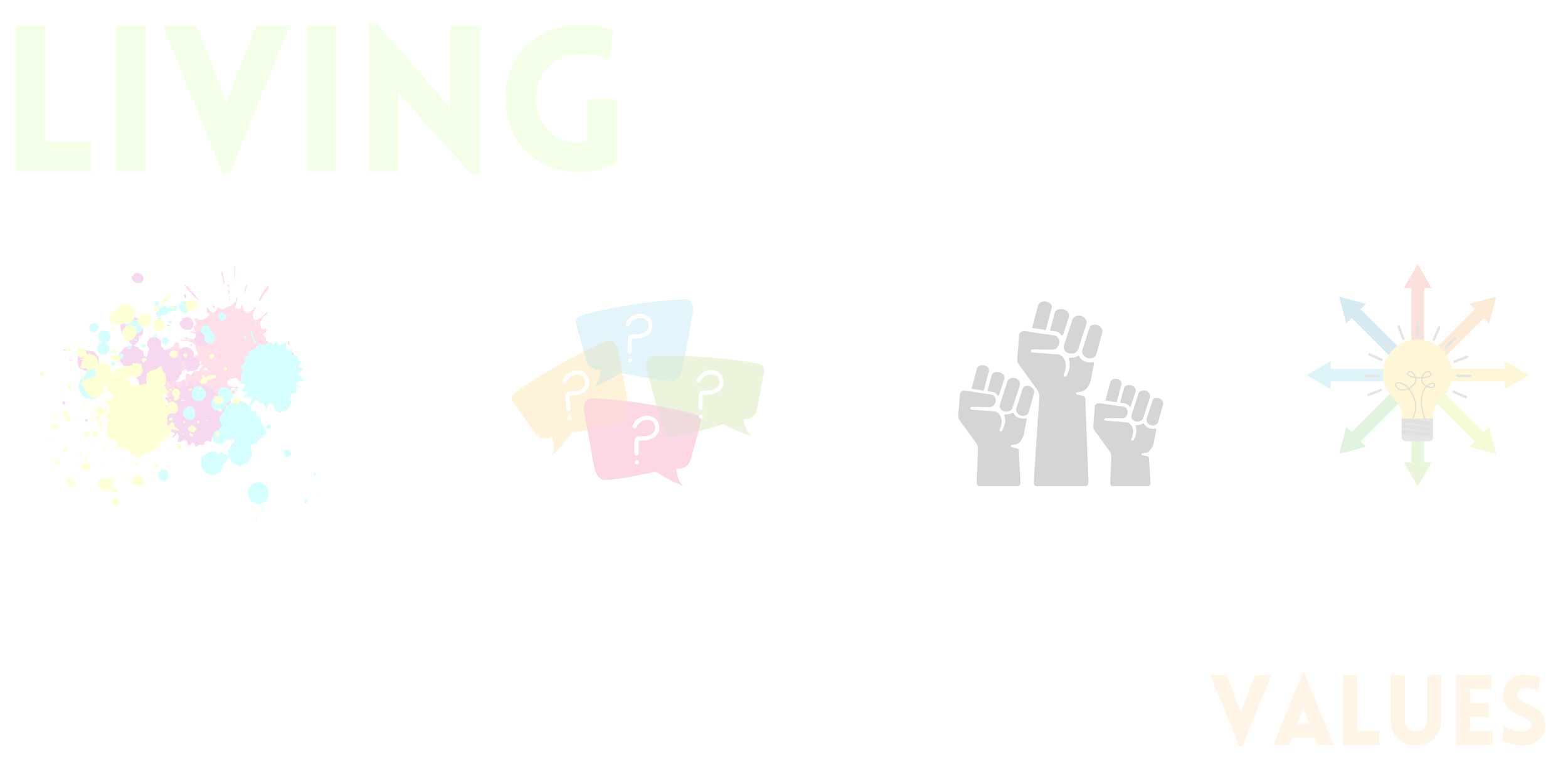
Get Involved
Accessibility only happens when we demand it. Here’s how you can help:
Share your experiences of inaccessible services.
Volunteer your skills to improve access in projects.
Join the Lived Experience Advisory Board and guide our work.





